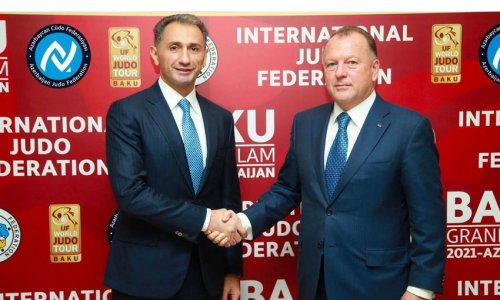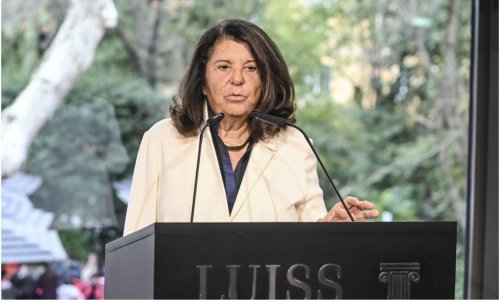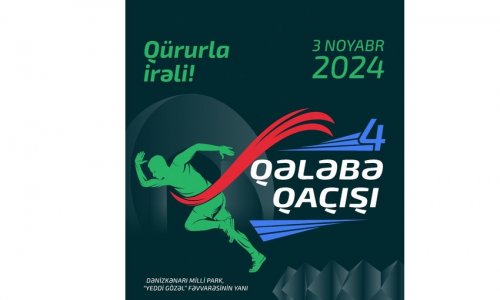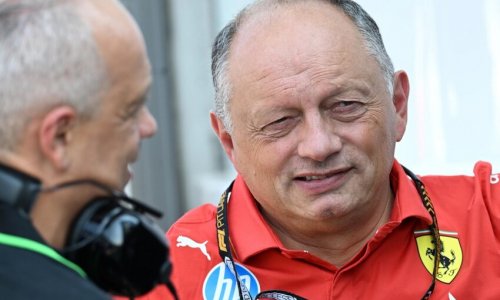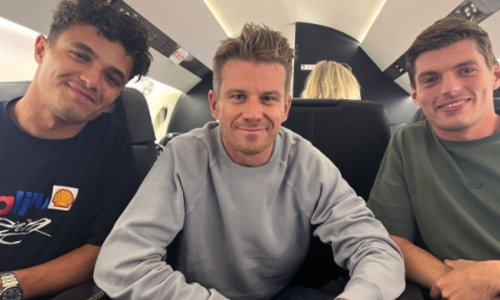The defiance of Tim Howard, the blistering pace of Arjen Robben, the comical self-destruction of Pepe. Adrian Chiles’s knees, Rio Ferdinand’s complicated blazer and tie combination, Glenn Hoddle’s continuing difficulties with the English language. Not to forget the boost to the importance of maintaining good dental health that was so conspicuously supplied by Luis Suarez.But one thing that will not locate this tournament in the hall of fame is the quality of the defences on show. There was a reason this was the joint highest scoring World Cup in history (level on 171 goals with France 98). There is an explanation as to why so many goalkeepers – from Howard and Manuel Neuer through Hugo Lloris to Kaylor Navas, Guillermo Ochoa and Vincent Enyeama - came away with the man of the match award.And it wasn’t simply the glorious nature of the forwards on show. It was largely because the blokes between the sticks were as exposed as any cohort of keepers can ever have been. Put simply, they had a lot more work to do.In the group stage the overwhelming majority of goals came from defensive mistakes. All four that England conceded, for instance, were self-inflicted, albeit neatly executed by opponents alert to the ever present possibility of error from those in a white shirt. And England were by no means alone in the fragility of the back line. Brazil’s capitulation to the Germans was an accident waiting to happen. Any side which depends for its resistance on David Luiz, a footballer with all the defensive discipline of a nine-year-old with attention deficit issues, is in trouble.Yet Luiz, a technically gifted midfielder masquerading as a defender, has just elicited a world record fee for a centre-back, encouraging Paris Saint-Germain to part with something approaching £45 million for his services. Which suggests one of two things. Either the Parisians’ paymasters have lost all touch with the concept of value for money. Or there really aren’t very many decent centre-backs out there.This World Cup would insist it was the latter. While sending into the stratosphere the reputations of players like James Rodriguez, Angel Di Maria, Bastian Schweinsteiger and Sami Khedira, it has only marginally improved the status of only a couple of centre-backs.Until he missed his penalty, Ron Vlaar had looked Holland’s best player in the semi final. Until he was battered aside for the decisive goal in the quarter final, France’s Rafael Varane was suggesting he would be at the heart of Real Madrid’s team for the next 10 years. And, largely by dint of being suspended from the semi-final debacle, Thiago Silva suddenly found his importance emphasised. Though in truth anyone looks good compared to Luiz.Otherwise who was there? Martin Demichelis and Vincent Kompany insisted Manchester City will have the best available pairing in the Champions League next season, while Mats Hummels and Jerome Boateng did was what required of them. But nobody would mistake either of them for the next Franz Beckenbauer. Or even the next Fabio Cannavaro. Which will come as a relief to those seeking for some original insight in future television pundits.There was an early hint as to where the balance of power would lie between defence and attack at this World Cup. First the Dutch eviscerated Spain, largely by sitting back and using the pace of Arjen Robben and Robin van Persie on the break. It was a tactical approach which had Spain’s much lauded centre-backs apparently tangled up in knots.It was an approach followed almost to the letter by Costa Rica when they kicked off their campaign against Uruguay. Diego Lugano and Diego Godin, two defenders grizzled with experience, one of whom had just won La Liga and played in the Champions League final, were utterly bamboozled by the pace and direct running of Joel Campbell, a player who has been on Arsenal’s books for three seasons without coming close to the first team.What we were witnessing was the triumph of the counter-attack; after a decade of the religion of possession, here was the ascendancy of pace and directness. And even when things tightened up in the knock-out rounds, you got the feeling that was more to do with the exercise of caution on the part of the coaches than any lock down conducted by defences.Indeed if the Russians want to take any lesson from this World Cup into their own staging of the tournament it is this: if you want a memorable World Cup, it is not the quality of the stadiums, the noise of the supporters, or the smooth operation of transport links that will most lodge the event in the wider memory bank. If President Putin wants us all to remember Russia 2018 as a festival of sporting glory, full of spectacular athletic endeavour, then what he has to hope most of all is that the present worldwide shortage of class defenders continues unabated.(uk.eurosport.yahoo.com)Bakudaily.az
Where have all the good defenders gone?
Sport
21:00 | 17.07.2014
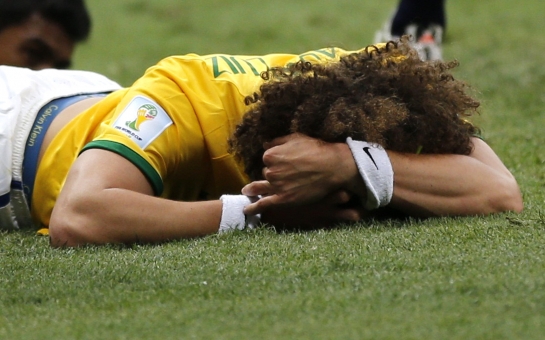
Where have all the good defenders gone?
That was a World Cup memorable for many things. The colour, the noise, the copious public weeping. The brilliance of the Germans, the sparkling promise of the Colombians, the wholly unprecedented collapse of the hosts.
Follow us !


